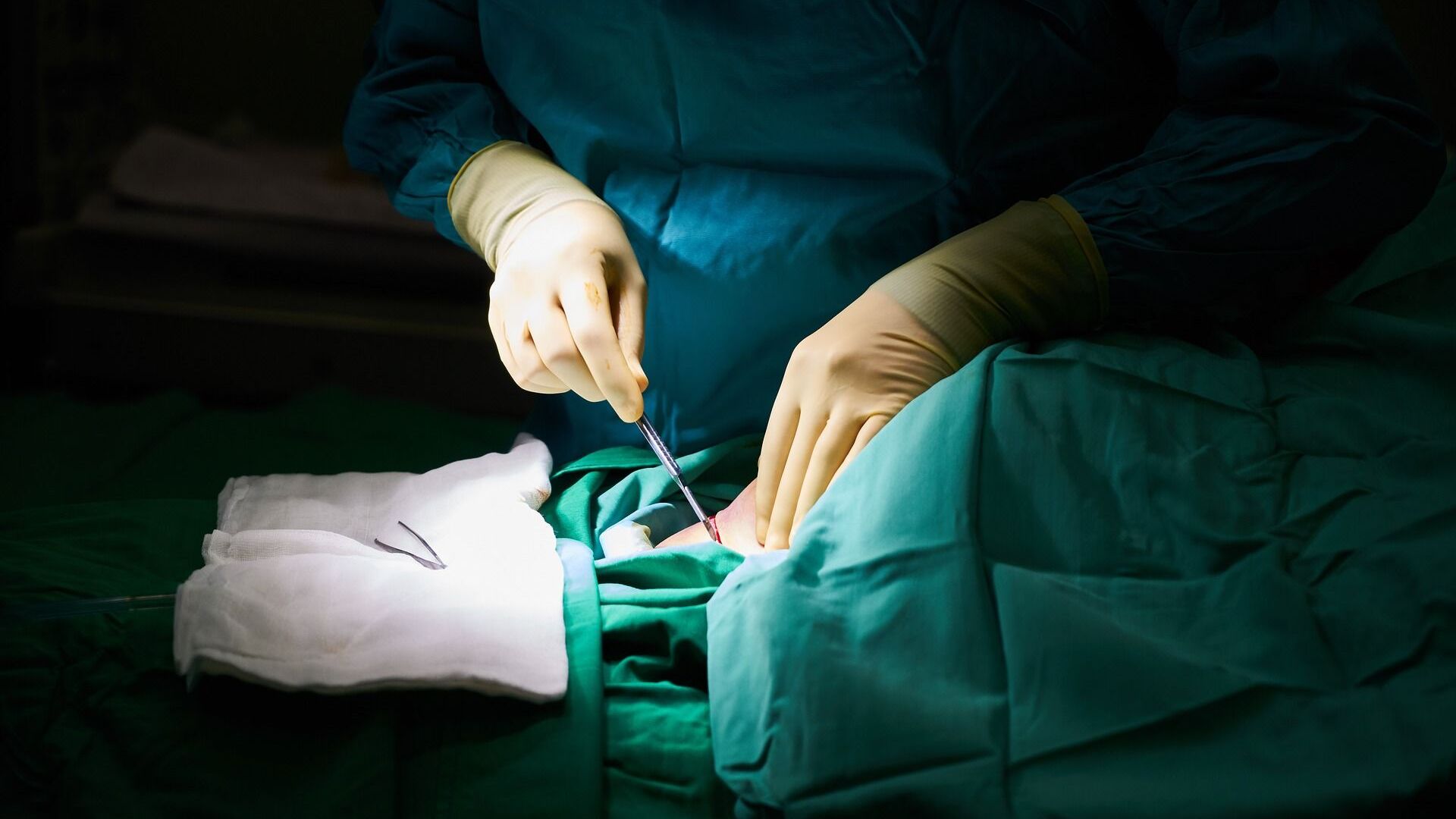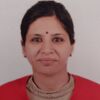An innovator and an entrepreneur, biomedical engineer Anand Parikh’s patented invention, the Shira Clamp is a novel instrument that makes complex blood vessel surgery easier and therefore more affordable.
In an interview with Sputnik News, Anand talks about the need to make high quality healthcare accessible to the majority of the population at realistic pricing. He underlines the need for a fruitful collaboration of doctors and medical engineers in developing techniques and instruments to benefit all patients, regardless of their ability to pay.
Sputnik: Why did you develop the Shira Clamp and what does it do?
Anand Parikh: Shira MedTech is essentially aimed at making high quality surgical care affordable and accessible. The idea for the start up came up because 9 out of 10 people in low income nations find it difficult to have access to good quality healthcare that is also affordable. One such surgical need is access to micro surgery or blood vessel surgery.
When people are not able to find access to micro surgeons nearby that often leads to worsening of their medical condition that eventually leads to amputations. Microsurgeries are practically non-existent beyond major cities in India due to the shortages of specialist surgeons.
The conventional procedure in micro surgeries of blood vessels, which are done under microscope, is to use vascular clamps which stop the blood flow in the vessel. But then the ends of the blood vessel collapse and it takes a really specialised surgeon to pick these ends up and sew them with a thread and needle under a microscope.
Imagine two tubes that the surgeon has to join and when you put conventional clamps on the end to stop the blood flow, the ends collapse. What Shira Clamps do is bring the collapsing vessel ends up towards the surgeon so that he or she can see very clearly and sew them together without difficulty.
This means that even a junior level doctor with far less expertise and experience can perform these surgeries with good results which are very difficult otherwise and requires a steep learning curve to the process. Shira Clamps makes it easier.
Sputnik: How will this invention prevent amputations and benefit poor people?
Anand Parikh: The amputations, in case of trauma or chronic diseases, become inevitable because there are very few microsurgeons in the country and microsurgery is practically absent in the country apart from major cities.
By making the learning curve simpler we are enabling more surgeons to perform the surgery and provide a service that they otherwise would not have access to. With access to micro surgery even in smaller cities we can easily prevent amputations.
Sputnik: What kind of patients will benefit from this invention?
Anand Parikh: Trauma cases will surely benefit. For example, we had one factory worker whose thumb got amputated in a factory accident. He was based in Vellore and had to travel to Chennai which is 150 km away to get the surgery done. Most patients would not do that. With the use of this invention people will be able to get the service of surgeons nearby.
Apart from trauma cases this would also assist in cancer surgeries where tumours have to be removed. For example, in oral cancer surgeries where jaws have to be removed, this invention is very useful.
Sputnik: Is this technique available only in India?
Anand Parikh: Primarily our operations are based in India but we have made sales in Latin American countries like Brazil, Saudi Arabia, Turkey, Thailand, and Italy.
Sputnik: Is your technology being used in the government sector as well as the private sector?
Anand Parikh: This invention is being used in at least 15 states in the country, including Punjab, Haryana, Delhi, Rajasthan, Madhya Pradesh, Gujarat, Maharashtra, Telangana, West Bengal. Also in hospitals like the All India Institute of Medical Sciences (AIIMS) in New Delhi and AIIMS Bhubaneswar, Christian Medical College in Vellore.
Sputnik: Do you have partners to credit with development of this invention?
Anand Parikh: I have invented it, along with Dr VBN Murthy, who is a surgeon and my mentor at the Indian Institute of Technology, also Dr V Balasubramanian - all three of us have co-invented it. Shira MedTech, the company I founded, is looking at its commercialisation and distribution.
Sputnik: What are the challenges you see in the field of medical devices?
Anand Parikh: Biomedical engineers have the ability to solve technical problems, but the key to product development lies in identifying the right problems. That is where the collaboration between doctors and engineers is very crucial, since doctors have vast experience in their own field and engineers can understand the problem and convert it into a practical solution.





